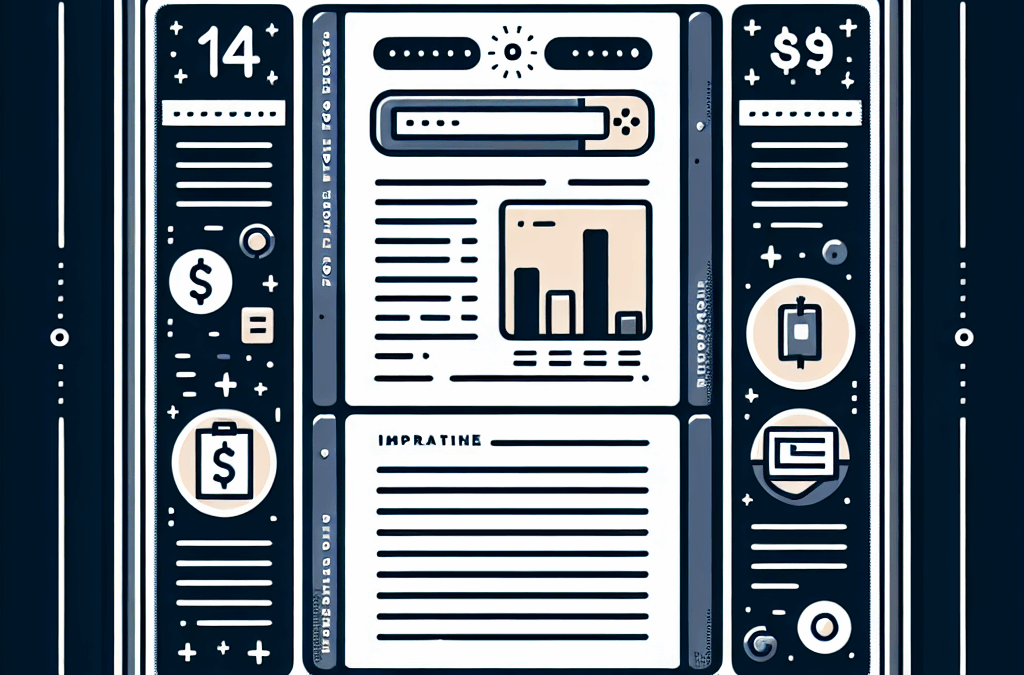In today’s digital landscape, having a robust online presence is essential for small businesses, especially for those in sunny South Texas. As cyber threats continue to grow, it’s vital for small business owners to ensure their websites are protected. At Ericks Web Design, we understand that navigating website security can be daunting, especially if you’re just starting out. In this post, we’ll explore practical steps you can take to safeguard your website from hackers, all while keeping it beginner-friendly.
Understanding the Risks
Why Your Website is a Target
Every website is at risk of cyber attacks, but small businesses are particularly vulnerable. Why? Hackers often see small businesses as easy targets. They might not have the resources to implement comprehensive security measures, making them an attractive option.
Local Example: Consider a small family-owned restaurant in McAllen that has just launched their website to increase takeout orders. This restaurant might not have the cybersecurity knowledge or budget to protect its site, which could lead to disastrous consequences, like losing sensitive customer data or being locked out of their own site.
1. Keep Software Up-to-Date
The Importance of Regular Updates
One of the simplest yet most effective ways to enhance your website’s security is to keep all software, plugins, and themes updated. Outdated software can have vulnerabilities that hackers exploit.
Tip: Set a regular schedule to check for updates. Most platforms, like WordPress, will notify you when updates are available. Ignoring these notifications can lead to serious breaches over time.
Real-Life Situation: Imagine the restaurant mentioned earlier, which neglected updates. One day, a hacker exploits an outdated plugin and steals customer credit card information. The fallout can be devastating—not just financially but reputationally too.
2. Use Strong Passwords and Authentication Measures
Creating a Fortress Around Your Accounts
Weak passwords are one of the easiest gateways for hackers. Make sure all accounts associated with your website, such as admin panels, hosting accounts, and domain registrars, use strong, unique passwords.
Tips for Strong Passwords:
- Use a mix of uppercase and lowercase letters, numbers, and special characters.
- Avoid using easily guessed information, like birthdays or common words.
- Consider implementing two-factor authentication (2FA) for an extra layer of security.
Local Example: Let’s say a local boutique had a very basic password like "password123." A hacker could easily crack this and gain access to sensitive information, putting the business at risk.
3. Implement SSL Certificates
Securing Data Transfers
An SSL (Secure Sockets Layer) certificate encrypts the data transferred between your website and its users. This means that if a hacker intercepts the data, they won’t easily read it.
Why You Need SSL:
- It builds trust with your customers.
- It helps with your SEO rankings, making you more visible online.
- Many browsers will label non-SSL sites as “Not Secure,” driving customers away.
Real-Life Scenario: If a local real estate agency doesn’t have an SSL certificate and potential customers hesitate to fill out inquiry forms due to security concerns, they risk losing valuable leads.
4. Regular Backups
The Safety Net You Can Rely On
No matter how strong your website’s defenses are, there is always a chance that something might go wrong. Regular backups can make recovery easier and faster in case of a breach.
Best Practices for Backups:
- Schedule automatic backups at least once a week.
- Store backups in multiple locations, such as cloud storage and external hard drives.
- Test your backups periodically to ensure they can be restored successfully.
Local Example: A McAllen dentist’s office that experiences a ransomware attack could restore their website to a previous state within hours if they have reliable backups, minimizing downtime and hassle.
Conclusion: Take Action Now
In the digital age, protecting your website from hackers is a critical aspect of your business strategy. It not only secures your sensitive information but also builds trust with your customers. Implementing these strategies can significantly reduce your vulnerability and help you maintain a positive online presence.
Call to Action: Get Started with a Free Consultation!
At Ericks Web Design, we understand the unique challenges small businesses face, especially when it comes to website security. We’re here to help! Sign up for a free consultation today to discuss how we can enhance your website and protect you from online threats. Let’s work together to ensure your online presence is secure and thriving!
By taking these proactive steps, you can safeguard your website and focus on what matters most—growing your business in beautiful South Texas!
Security










